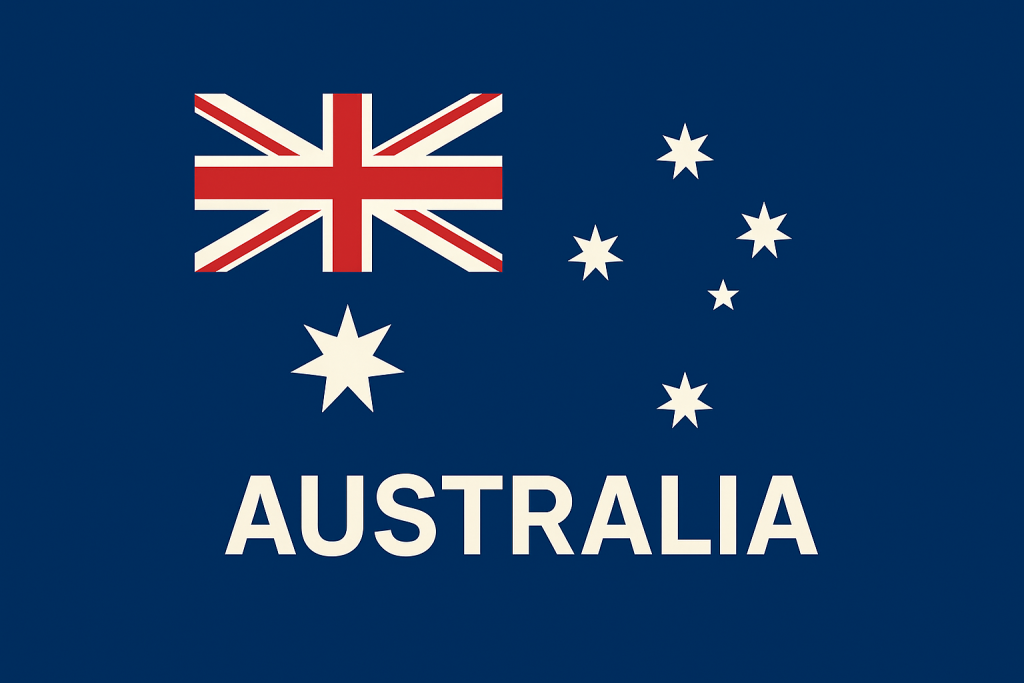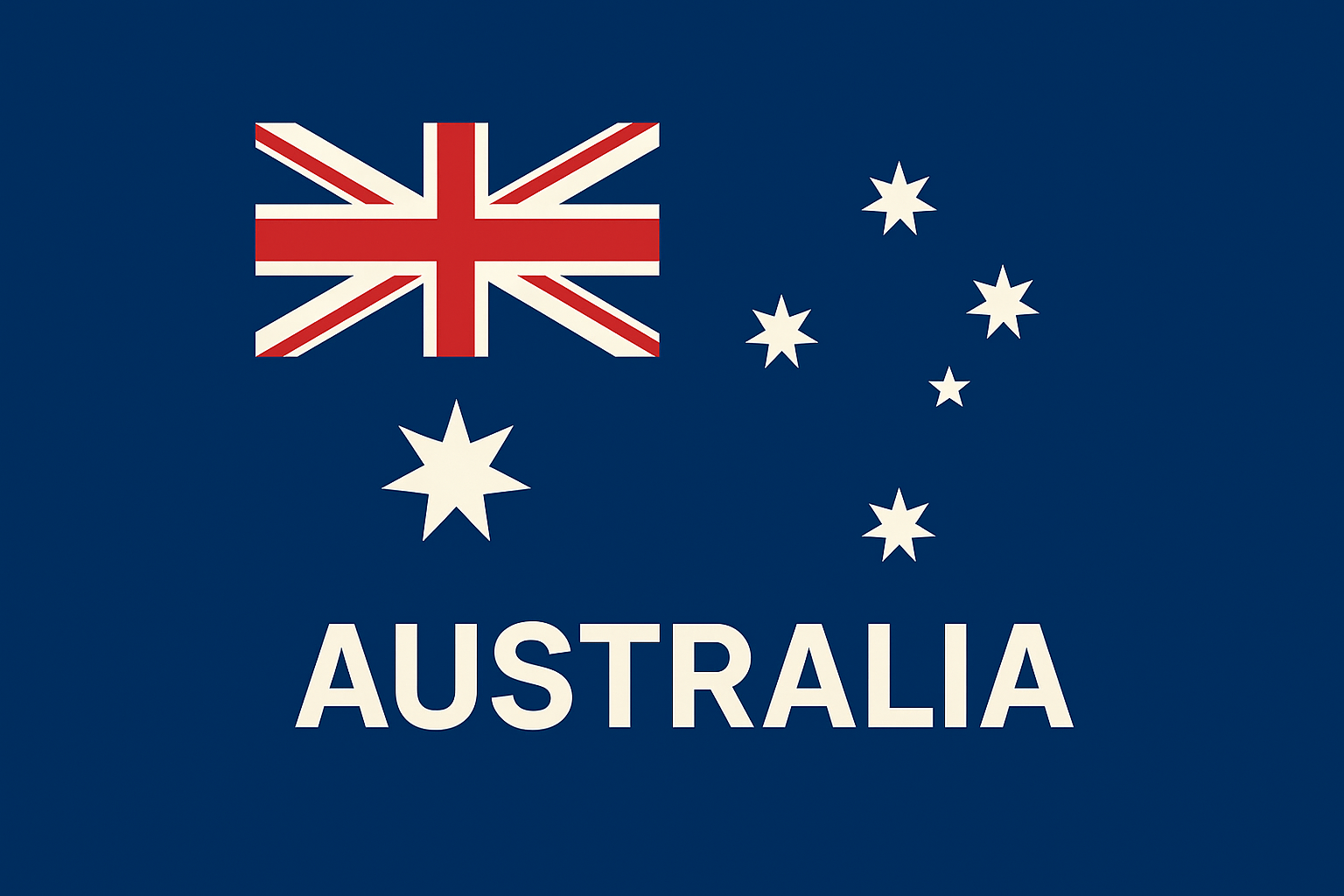Australia is a dream destination for many students, offering world-class universities and career opportunities. But affordability is a key challenge: tuition fees range between AUD 20,000 – 45,000 per year, while living expenses often add AUD 15,000 – 25,000 annually. That’s why in 2025, students are looking for affordable education loans that ease financial pressure during their studies.

This guide highlights the top low-cost student loan providers in Australia (2025) and tips to borrow smartly.
Why Students Need Affordable Loans in Australia
- Visa requirement – Proof of funds is mandatory.
- High upfront payments – Universities ask for tuition in advance.
- Living expenses – Rent, food, and healthcare quickly add up.
- Debt burden – Low-interest loans make repayment manageable after graduation.
Affordable Student Loan Providers in Australia (2025)
1. Commonwealth Bank of Australia (CBA)
- Why it’s affordable: Competitive interest rates with simple terms.
- Highlights:
- Covers tuition, living, and travel costs.
- Early repayment allowed without penalty.
- Flexible repayment schedules.
- Best for: Students with guarantors in Australia.
2. ANZ Bank (Student Loan Packages)
- Why it’s popular: Quick approvals with decent interest rates.
- Highlights:
- Fixed or variable rate options.
- Repayment breaks available.
- Affordable for students who need smaller loans.
- Best for: Borrowers who want flexibility at a low cost.
3. Westpac Education Loans
- Why it’s strong: Covers larger expenses.
- Highlights:
- Loans for tuition + accommodation.
- Long repayment terms.
- Discounts for Westpac account holders.
- Best for: Students pursuing multi-year or high-cost courses.
4. NAB (National Australia Bank)
- Why it’s affordable: Transparent pricing and no early exit fees.
- Highlights:
- Both secured and unsecured loan options.
- Repayment freedom with clear fee structure.
- Good for budget-conscious students.
- Best for: Students needing transparency and control.
5. State Bank of India (SBI) – Global Ed-Vantage Loan
- Why it’s affordable: Public bank rates are lower than private lenders.
- Highlights:
- Up to INR 1.5 crore.
- Moratorium during study + 6 months after.
- Covers tuition, housing, and travel.
- Best for: Indian students heading to Australian universities.
6. HDFC Credila (India)
- Why it’s useful: Focused on long-term repayment affordability.
- Highlights:
- Repayment terms up to 15 years.
- EMI customization options.
- Covers all education-related expenses.
- Best for: Students who need longer repayment time.
7. Prodigy Finance (Global Lender)
- Why it’s unique: No guarantor or collateral required.
- Highlights:
- Approval based on future earning potential.
- Covers tuition + partial living costs.
- Available to students from 150+ countries.
- Best for: International students without guarantors.
Average Costs of Student Loans in Australia (2025)
- Australian bank loans: 7% – 11% interest.
- Indian bank loans: 9% – 13%.
- International lenders: 8% – 15%.
- Repayment period: 5 – 15 years.
💡 Example: AUD 40,000 loan at 8% interest over 10 years = ~$485/month.
Tips to Get Affordable Student Loans
- Compare lenders – Rates vary widely between banks.
- Use guarantors – Local guarantors reduce interest rates.
- Borrow only what you need – Don’t over-borrow just because you qualify.
- Check university tie-ups – Some schools partner with banks for cheaper loans.
- Look for moratoriums – Repayment grace periods help students focus on studies.
Final Thoughts
Affordable student loans are key to making higher education in Australia accessible.
- CBA, ANZ, Westpac, and NAB provide trusted local options.
- SBI and HDFC Credila are ideal for Indian students.
- Prodigy Finance helps those without collateral.
By comparing carefully and focusing on affordability, students can finance their Australian education without creating long-term debt stress.
